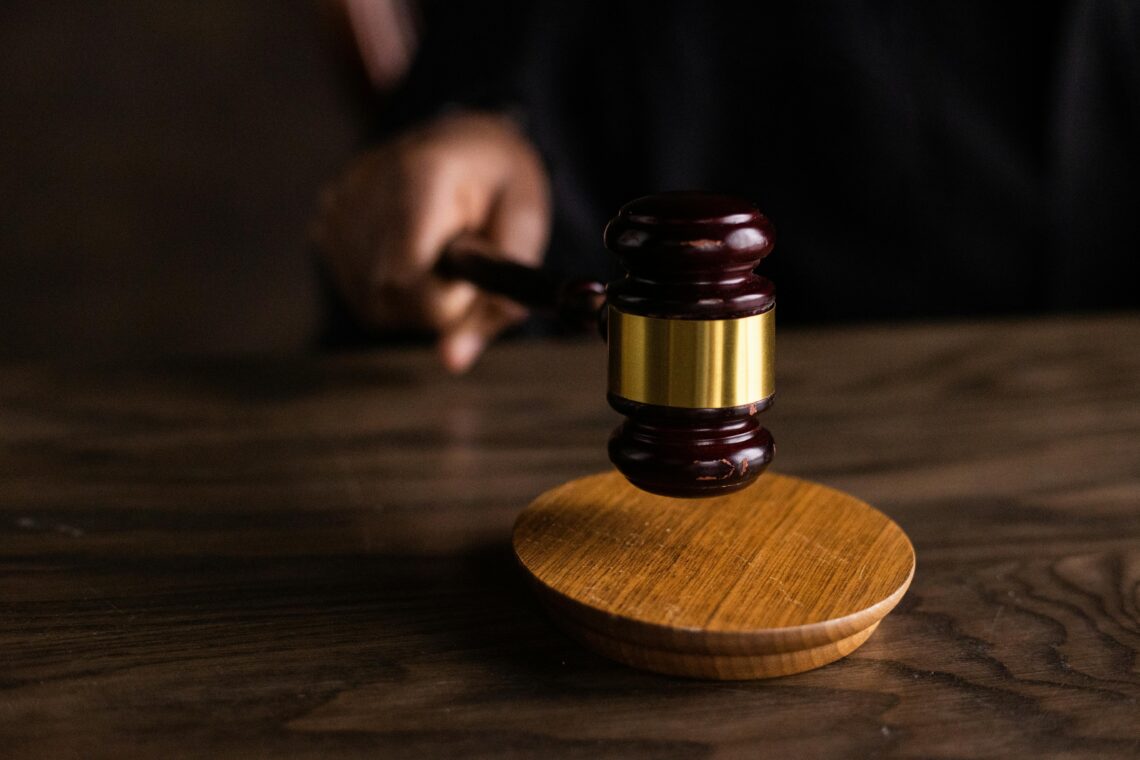In a landmark decision on May 7, 2025, the Supreme Court of Pakistan upheld the legality of trying civilians in military courts, overturning its previous stance that deemed such trials unconstitutional. This ruling has significant implications for the country’s legal landscape, civil liberties, and democratic institutions.(The Peninsula Newspaper)
Background: The May 9, 2023 Protests
The decision stems from the events of May 9, 2023, when widespread protests erupted following the arrest of former Prime Minister Imran Khan. The demonstrations, marked by violence and attacks on military installations, led to the arrest of over 100 civilians who were subsequently tried in military courts. Initially, the Supreme Court ruled these trials unconstitutional, citing violations of the right to a fair trial by an independent judiciary. (Hindustan Times, International Commission of Jurists)
The Supreme Court’s Reversal
In a 5-2 split verdict, the Supreme Court reversed its earlier decision, allowing military courts to try civilians under specific circumstances. The court emphasized the need to maintain national security and public order, particularly in cases involving attacks on military personnel and installations. (India TV News)
Implications for Civil Liberties and Democracy
This ruling has sparked concerns among human rights organizations and legal experts. Critics argue that trying civilians in military courts undermines the principles of due process and the right to a fair trial. Military courts often operate under secrecy, lack transparency, and do not provide the same legal safeguards as civilian courts.(The Peninsula Newspaper)
Furthermore, the decision is seen as a consolidation of power by the military establishment, particularly under Army Chief General Asim Munir. Analysts suggest that this move could weaken civilian oversight and erode democratic institutions in Pakistan. (India Today)
International and Domestic Reactions
The ruling has drawn criticism from international human rights organizations, which view it as a regression in Pakistan’s commitment to democratic norms and human rights. Domestically, opposition parties and civil society groups have expressed alarm, fearing the potential for misuse of military courts to suppress dissent and target political opponents.
Conclusion
The Supreme Court’s decision to permit military trials for civilians marks a pivotal moment in Pakistan’s legal and political history. While intended to address security concerns, the ruling raises critical questions about the balance between national security and individual rights. As Pakistan navigates this complex legal terrain, the need for transparent, accountable, and fair judicial processes remains paramount to uphold the rule of law and democratic values.(News24)



